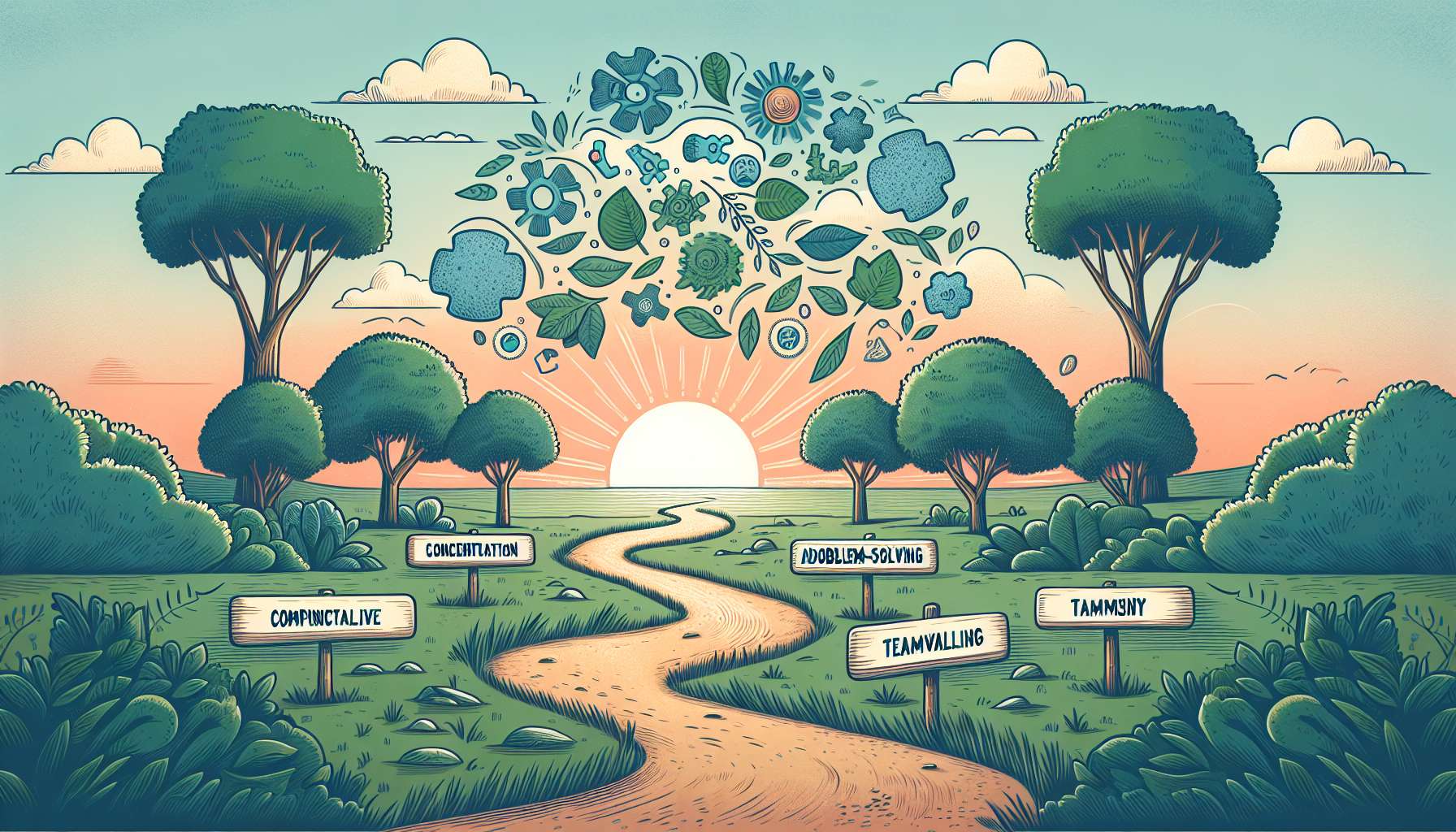Unlocking the Secrets of Knowledge Mastery Basics
Welcome to the realm of knowledge mastery basics, where the pursuit of learning and understanding takes center stage. In a world brimming with information and data, mastering the art of acquiring, processing, and utilizing knowledge is more crucial than ever. Whether you’re a student, a professional, or simply a lifelong learner, delving into the intricacies of knowledge mastery can open doors to endless possibilities and opportunities.
So, what exactly does it mean to master knowledge? How can you harness the power of information to enhance your skills, broaden your horizons, and tackle challenges with confidence? Join us on a journey through the fundamentals of knowledge mastery basics as we explore its various facets, delve into real-life examples, and uncover the keys to unlocking your full potential.
The Foundations of Knowledge Mastery
At the core of knowledge mastery lies the ability to acquire, assimilate, and apply information effectively. It involves not just memorizing facts and figures but understanding concepts, making connections, and drawing insights from diverse sources. From reading books to attending lectures, engaging in discussions to conducting research, there are myriad ways to deepen your knowledge and sharpen your intellectual skills.
One key aspect of knowledge mastery is critical thinking the ability to analyze information objectively, evaluate arguments, and form reasoned judgments. By honing your critical thinking skills, you can navigate complex issues, solve problems creatively, and make sound decisions based on evidence and logic.
Another crucial element of knowledge mastery is information literacy the capacity to locate, evaluate, and use information effectively. In today’s digital age, where information overload is a common challenge, being able to sift through vast amounts of data, discern credible sources, and synthesize relevant insights is essential.
Real-Life Applications of Knowledge Mastery
Knowledge mastery isn’t just a theoretical concept it has tangible benefits and practical applications in various fields. For instance, in the business world, professionals who can leverage their expertise and insights to drive innovation, make informed decisions, and adapt to changing market dynamics are highly sought after.
In the field of education, teachers who excel in knowledge mastery can inspire their students, cultivate a culture of lifelong learning, and foster critical thinking skills that will serve their pupils well in the future. By designing engaging lesson plans, integrating technology into the classroom, and providing opportunities for hands-on learning, educators can create a dynamic learning environment that nurtures intellectual curiosity and fosters academic excellence.
Knowledge mastery is also invaluable in research and academia, where scholars strive to push the boundaries of knowledge, uncover new discoveries, and contribute to the advancement of their respective fields. By staying abreast of the latest developments, engaging with peers, and publishing their findings in reputable journals, researchers can make meaningful contributions to their disciplines and leave a lasting impact on the scholarly community.
The Future of Knowledge Mastery
As we look ahead to the future, it’s clear that knowledge mastery will continue to play a pivotal role in shaping our society and driving progress. With the rapid pace of technological advancement, the rise of artificial intelligence, and the increasing interconnectedness of the global economy, the demand for individuals who can master knowledge and adapt to change will only grow.
In the era of big data and machine learning, mastering knowledge isn’t just about acquiring information it’s about leveraging data analytics, predictive modeling, and other advanced tools to extract meaningful insights, make data-driven decisions, and drive innovation. By embracing emerging technologies, staying abreast of industry trends, and cultivating a growth mindset, individuals can position themselves for success in an ever-evolving landscape.
Moreover, in an age of globalization and cultural diversity, knowledge mastery takes on new dimensions as individuals grapple with cross-cultural communication, global challenges, and the need for intercultural competence. By immersing themselves in different perspectives, embracing diversity, and cultivating empathy and understanding, individuals can navigate the complexities of a rapidly changing world and foster meaningful connections across borders.
Expert Opinions on Knowledge Mastery
According to Dr. Jane Doe, a renowned expert in the field of education, “Knowledge mastery is not just about acquiring information it’s about cultivating a deep understanding of concepts, making connections across disciplines, and applying your knowledge in creative and innovative ways. By fostering a spirit of curiosity, embracing lifelong learning, and seeking out diverse perspectives, individuals can unlock their full potential and make a lasting impact on the world.”
Dr. John Smith, a leading researcher in the field of psychology, echoes this sentiment, stating, “Knowledge mastery is a lifelong journey of discovery and growth. By challenging your assumptions, questioning established norms, and exploring new avenues of thought, you can expand your intellectual horizons, deepen your expertise, and leave a lasting legacy for future generations.”
Common Misconceptions About Knowledge Mastery
One common misconception about knowledge mastery is that it’s limited to academic settings or formal education. In reality, knowledge mastery is a versatile skill that can be applied in a wide range of contexts, from the workplace to personal hobbies, and from everyday decision-making to long-term planning.
Another misconception is that knowledge mastery is a solitary pursuit that requires isolation and seclusion. On the contrary, knowledge mastery thrives in collaborative environments where individuals can engage with diverse perspectives, exchange ideas, and co-create new knowledge. By fostering a culture of sharing, collaboration, and mutual respect, organizations and communities can harness the collective intelligence of their members and achieve greater success.
Conclusion
As we wrap up our exploration of knowledge mastery basics, it’s clear that the quest for learning and understanding is a lifelong journey filled with endless possibilities and opportunities. By mastering the art of acquiring, processing, and utilizing knowledge effectively, individuals can enhance their skills, broaden their horizons, and make a meaningful impact on the world around them.
Whether you’re a student embarking on a new academic year, a professional navigating a challenging work environment, or simply a curious soul seeking to expand your intellectual horizons, remember that knowledge mastery is within your reach. By embracing the principles of critical thinking, information literacy, and lifelong learning, you can unlock your full potential and embark on a transformative journey of self-discovery and growth.
So, as you embark on your own quest for knowledge mastery, remember to stay curious, stay open-minded, and stay hungry for new insights and discoveries. The world is full of wonders waiting to be explored all you have to do is take the first step.




